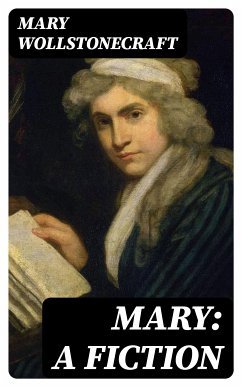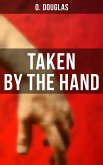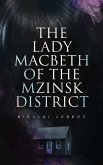In her groundbreaking novel, "Mary: A Fiction," Mary Wollstonecraft deftly intertwines themes of gender, individuality, and societal expectation against the backdrop of 18th-century English literature. The narrative follows Mary, a woman struggling to forge her identity in a world that imposes rigid constraints upon her. Wollstonecraft employs an introspective and poignant literary style that utilizes first-person narration to provide deep psychological insight into the protagonist's thoughts and feelings, while also critiquing the social norms of her time. This semi-autobiographical work delves into the philosophical ideals of the Enlightenment, reflecting the author's preoccupation with rationalism and the quest for personal liberty. Wollstonecraft, a pivotal figure in feminist literary history, wrote "Mary" during a period of intense personal and intellectual upheaval. Her own experiences as a governess, her radical ideas about education and women's rights, and her tumultuous relationships informed this poignant narrative. In fact, Wollstonecraft's advocacy for women's emancipation and her lived experiences serve as catalysts that fuel the novel's exploration of the constraints placed upon women by society. "Mary: A Fiction" is an essential read for anyone interested in feminist literature and the early formation of modern thought on gender. Wollstonecraft's eloquent prose and profound insights challenge the reader to consider the implications of autonomy and identity, offering an engaging examination of the struggle for selfhood. This work remains a significant touchstone in understanding the evolution of women's rights and the literary context of the period.
Dieser Download kann aus rechtlichen Gründen nur mit Rechnungsadresse in A, B, BG, CY, CZ, D, DK, EW, E, FIN, F, GR, H, IRL, I, LT, L, LR, M, NL, PL, P, R, S, SLO, SK ausgeliefert werden.









